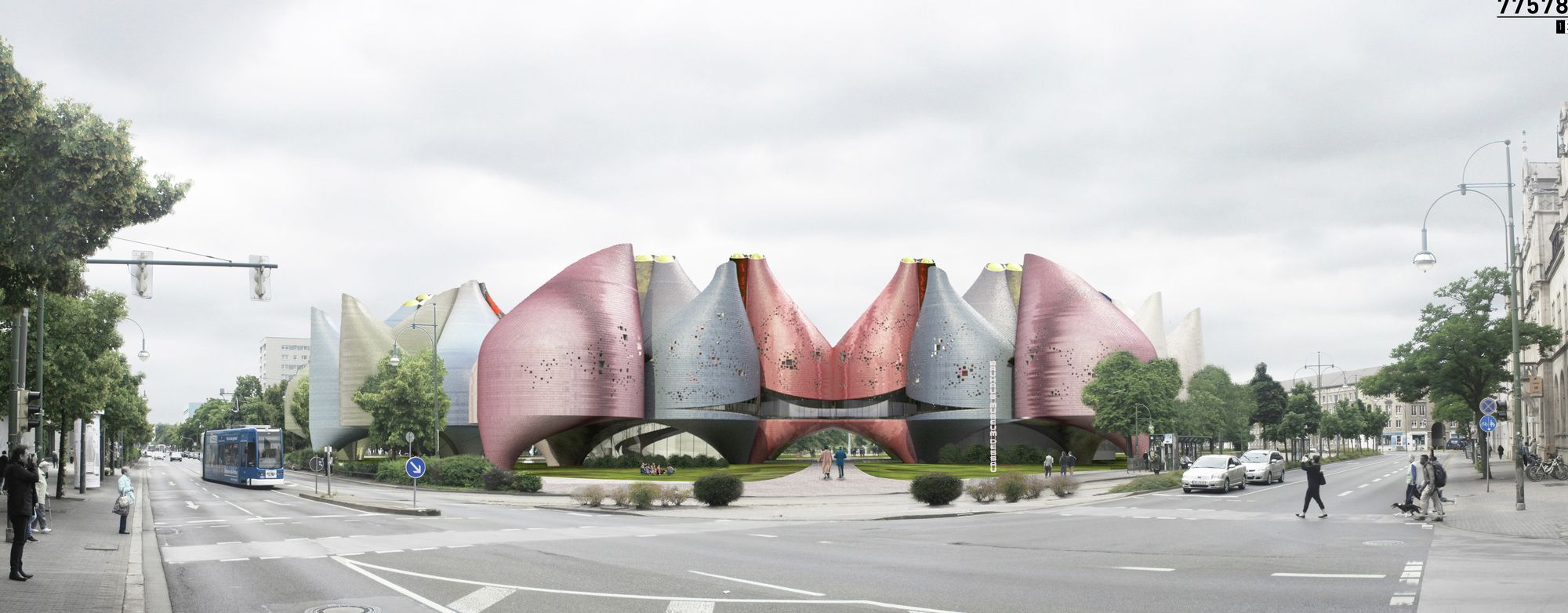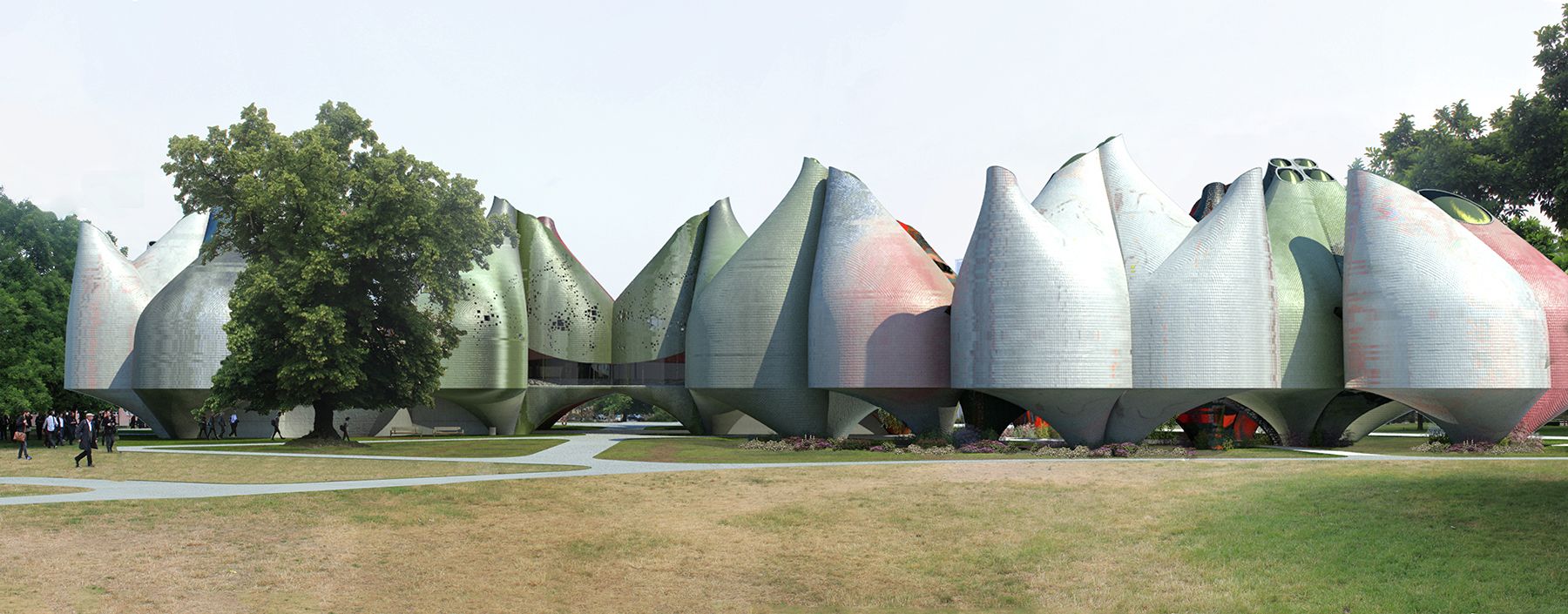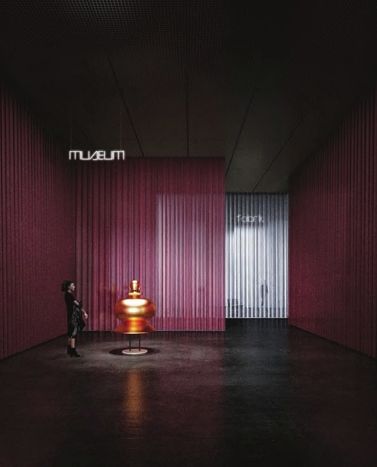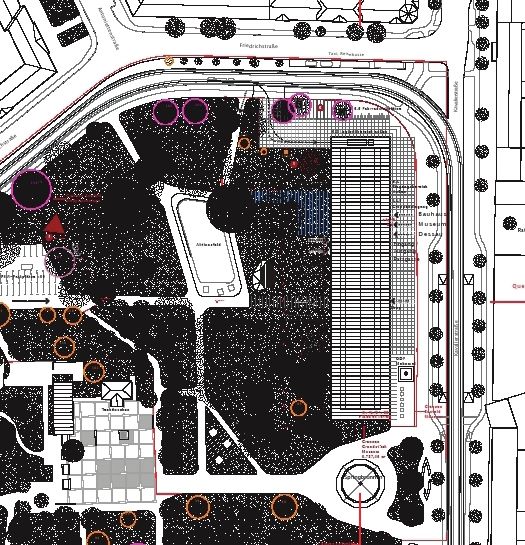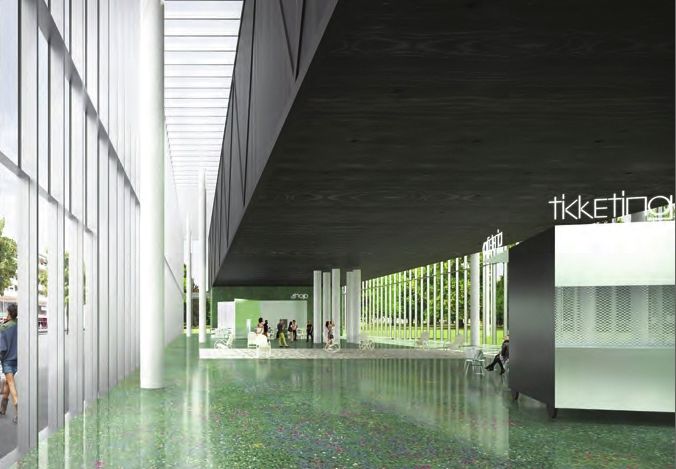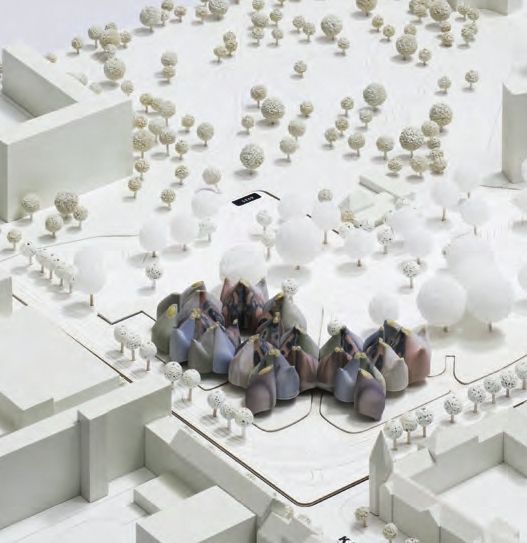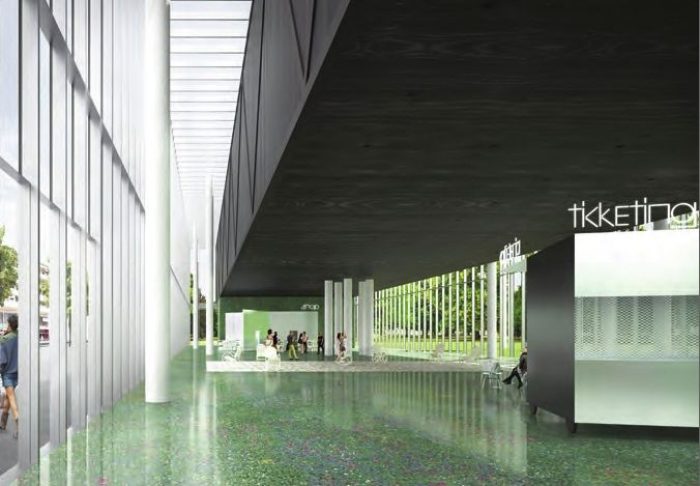Bauhaus Museum Competition Winners Announced
Recently the Bauhaus Foundation announced the result of the Museum Competition held for new Bauhaus Museum which has to be built by 2019, the 100th year of iconic school with an assigned budget of 25 million Euros. Surprisingly the jury was unable to agree on a single winner and hence two entries have been selected. Gonzalez Hinz Zabala from Barcelona and Young and Ayata from New York have won the Bauhaus Museum Competition.
The competition brief asked for a design for the new Bauhaus Museum to be built in the German city of Dessau. Bauhaus has been considered one of the most impactful institutions of art, architecture and design in the 20th century. Currently the first building for Bauhaus school designed by Walter Grupius serves as a museum to display the collection of products created by the the school. Bauhaus Foundation has collection of more than 40,000 products and was in need of a bigger platform. The international Museum Competition was conducted to choose the design for this purpose.
The winning entries are very different, having different approach towards the design statement. Gonazala Hinz Zabala focused more on continuing with the typical Bauhaus expression of design through transparency and openness. They presented a rectangular framed structure with external glazing thus making sure that it complements the surroundings while ensuring direct interaction between the inner spaces and street. It depicts the Bauhaus ideology of grids and order while being simplistic yet intricate.
According to the jury,
“The glass envelope of the entire building provides a maximum of curatorial freedom for staging. The shell takes up the original Bauhaus intention – to be an open school. in terms of both functionality and display capabilities in all spaces, this design is a very good contribution – the museum edifice is an instrument to express activity and productivity – creativity and social interaction.”
On the other hand, the design by Young and Ayata displays the expressive nature of Bauhaus art by creating volumetric spaces called ‘vessels’ that will act as a ‘container’ to preserve and display thousands of creations that took place in the school over the years. They have also focused on use of color as well as material while trying to be a focal point in the neighborhood and thus acting as a contrast to the architecture around it.
According to the architects,
“It would be a reduction of the complexity of the Bauhaus to divide it cleanly into a technical side and an expressive side, yet technical and expressive factors were often in conflict and in conversation throughout its history. The tension between these two motivations — and specifically the shape that tension took at the Bauhaus — continues to influence art, architecture, and design today. Our design of a museum for the Bauhaus Dessau is strongly informed by such productive tension–in this case, the tension between a desire for a modular repeatable system of organization, provided by a grid, and the exploration of sensation found in color and material experimentation.”
The next few months will witness a series of presentations and negotiations after which the final winner will be announced. Both the designs depict different perspectives towards Bauhaus and are worthy of being implemented. Whatever the final result maybe be, the architectural enthusiasts should feel happy that they will get to see a whole era of architecture under one roof that is specifically being designed to amplify the whole experience.
